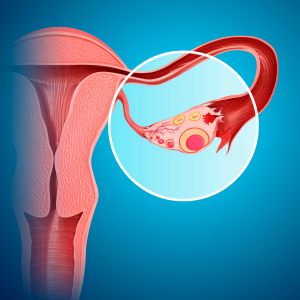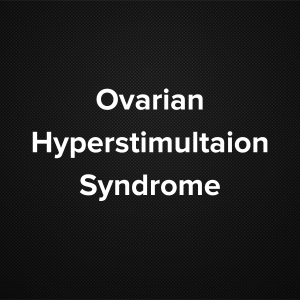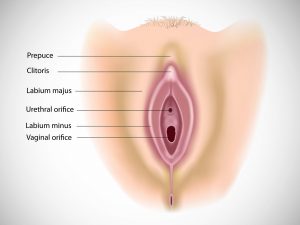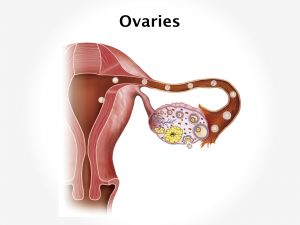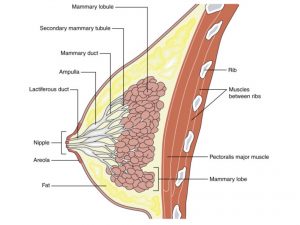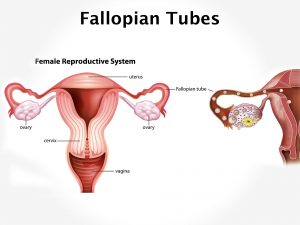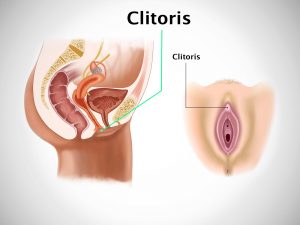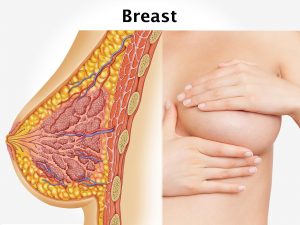Causes and risk factors:
The various causes for menorrhagia are hormonal imbalances and certain medical conditions like pelvic inflammatory diseases, fibroid of uterus, variety of endometrial pathology, tumors of ovary, etc. Certain medications like anti-inflammatory medicines, anticoagulants, etc., can also cause menorrhagia. Menorrhagia may occur when an egg is not released from the ovaries, which in turn causes a decreased amount of progesterone in the body, leading to abnormally heavy bleeding. Adolescent girls or women reaching the menopausal age group are likely to suffer from menorrhagia as anovulatory cycles are commonly seen in these two categories.
Clinical presentation:
The patient usually complaints of excessive menstrual bleeding. They have to frequently change the sanitary pads. Along with this, blood clots and blood flow for more than a week and associated tiredness, fatigue, etc., are the usual complaints. The resulting complications due to prolonged bleeding are anemia, which in turn may cause shortness of breath, pale skin, etc., and severe menstrual cramps may occur due to the heavy blood loss.
Investigations:
Menorrhagia is basically diagnosed on the basis of the patient’s complete menstrual cycle and medical history, pelvic examination, and pelvic ultrasound scan. In certain cases, if required, hysteroscopy and endometrial biopsy too is performed. Blood tests are done to rule out the underlying medical causes, if any, like iron deficiency anemia, clotting disorders, etc.
Treatment:
The treatment for menorrhagia is decided upon the underlying cause. Hence such a condition is usually treated with the help of hormones, anti-inflammatory medications, and iron supplements to make up for the iron lost. In severe cases, surgical methods like dilatation and curettage (D&C), uterine artery embolization, or hysterectomy, etc., can be carried out.
Other modes of treatment:
Certain other modes of treatment can also be helpful in coping up with the symptom. Taking into consideration the symptoms in a holistic way, homoeopathy can offer a good aid for the relief of the symptoms. The Ayurvedic system of medicine which uses herbs and synthetic derivates can also be beneficial in combating the complaints.

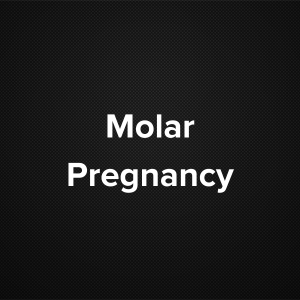


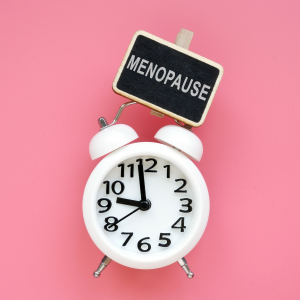
![Lobular Carcinoma In Situ [LCIS]](https://moho.loopshell.com/read/wp-content/uploads/2022/01/Lobular-Carcinoma-In-Situ-Lcis-300x300.png)


